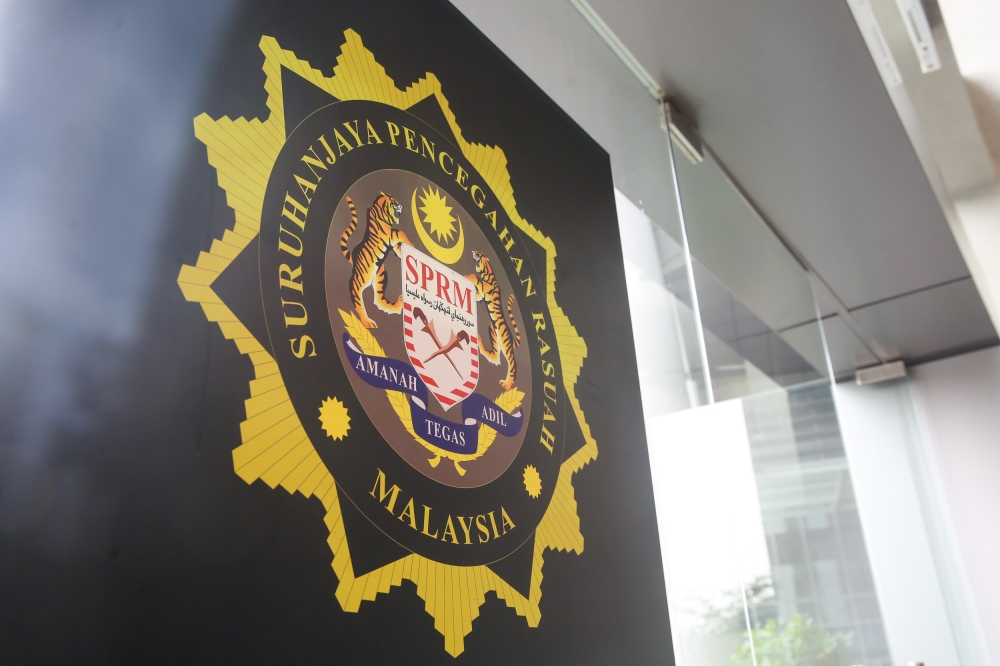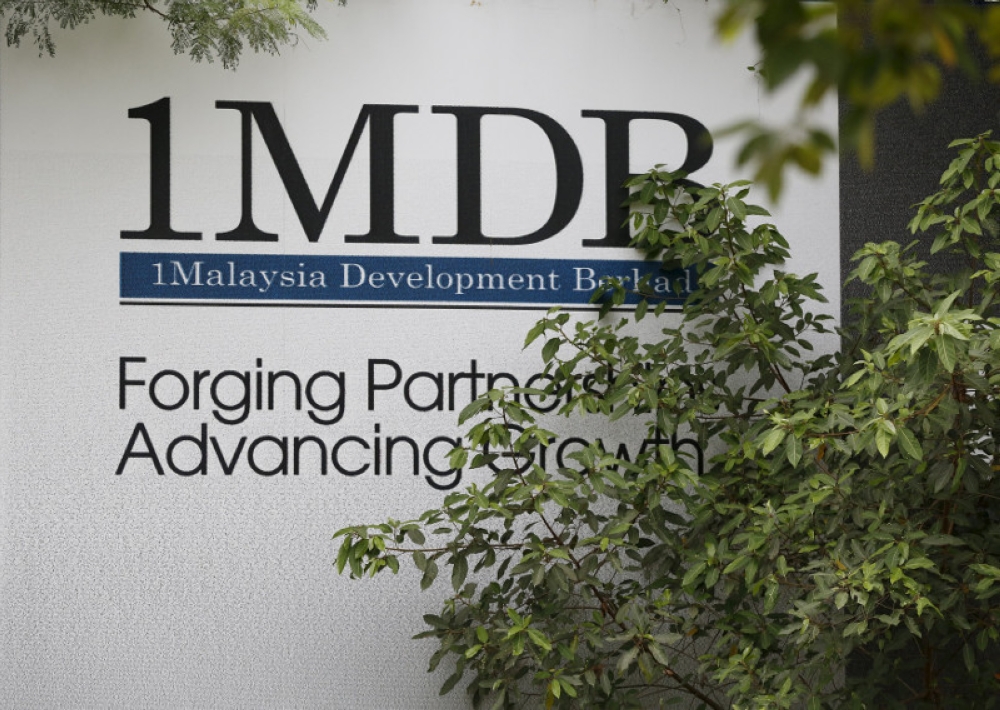MAY 2 — In the light of the tragic death of A. Ganapathy who died while having treatment at Selayang Hospital after he was sent there from police custody, let’s recall what a Federal Court Judge said less than 40 days ago:
“Custodial deaths are one of the most reprehensible of wrongs in a civilised society governed by the rule of law. All the more so, when those conferred with the responsibility of protection and care on behalf of the State, like the appellants here, are themselves the perpetrators of inhumane acts and omissions of neglect or violence, resulting in the detainee’s death.”
“The sanctity of human life is the most cherished value of an evolved society. Accordingly, most legal systems identify, acknowledge and protect the right to life as the most basic of human rights. Malaysia is no exception. Such protection takes its form in Article 5(1) of Part II of the Federal Constitution. It provides that no one shall be deprived of his life or personal liberty save in accordance with law.”
“This precious right of life is available to all and cannot be denied to persons in custody, prisoners or persons awaiting trial. On the contrary, there is a great responsibility on the police and prison authorities to ensure that citizens held in custody are not deprived of this fundamental right, save for such restrictions as are permitted by law.” (Federal Court Judge Nallini Pathmanathan in Koperal Zainal bin Mohd Ali & Ors v Selvi a/p Narayan (joint administrator and dependant of Chandran a/l Perumal, deceased) & Anor, [2021] 3 MLJ 365)
In short, the death of an individual whilst in police custody — if it is established that the death was caused by the police — is a clear violation of the most fundamental liberty, that is, the right of life guaranteed in Article 5(1) of the Constitution.
A civilised society that is governed by the rule of law must be vigilant to protect the fundamental rights of those in custody to ensure that they are not subject to custodial violence. While it is not the function of society to take upon itself and dictate the manner as to how the police should carry out their investigation works, it does not mean that society should wear blinkers oblivious to the horror stories and allegations of police brutality and custodial assaults.
In this day and age of greater public awareness of police functions, should society members simply fold their arms? It must be insisted that civilised standards of human decency be diligently maintained.
As the Indian Supreme Court in Shri DK Basu, Ashok K Johri v State of West Bengal AIR [1997] observed:
“Police is, no doubt, under a legal duty and has legitimate right to arrest a criminal and to interrogate him during the investigation of an offence but it must be remembered that the law does not permit use of third degree methods or torture of accused in custody during interrogation and investigation with that view to solve the crime. End cannot justify the means. The interrogation and investigation into a crime should be in true sense purposeful to make the investigation effective. By torturing a person and using third degree methods, the police would be accomplishing behind the closed doors what the demands of our legal order forbid. No society can permit it.”

A person may be taken in police custody pursuant to a lawful remand order issued by a Magistrate, but if he is subjected to abuse and the abuse is to such an extent that there is an element of criminal and tortious acts having been committed during the period of his detention, then the detention becomes unlawful.
Which is why it behooves the Attorney-General as the Public Prosecutor and as the guardian of public interest (read: civilised society) to exercise his power under the Criminal Procedure Code to call for an inquest to determine the cause of death of Ganapathy.
As said by Klang MP Charles Santiago, it is necessary.
*This is the personal opinion of the writer or publication and does not necessarily represent the views of Malay Mail.




















